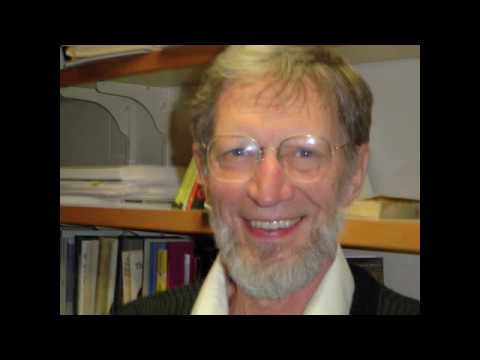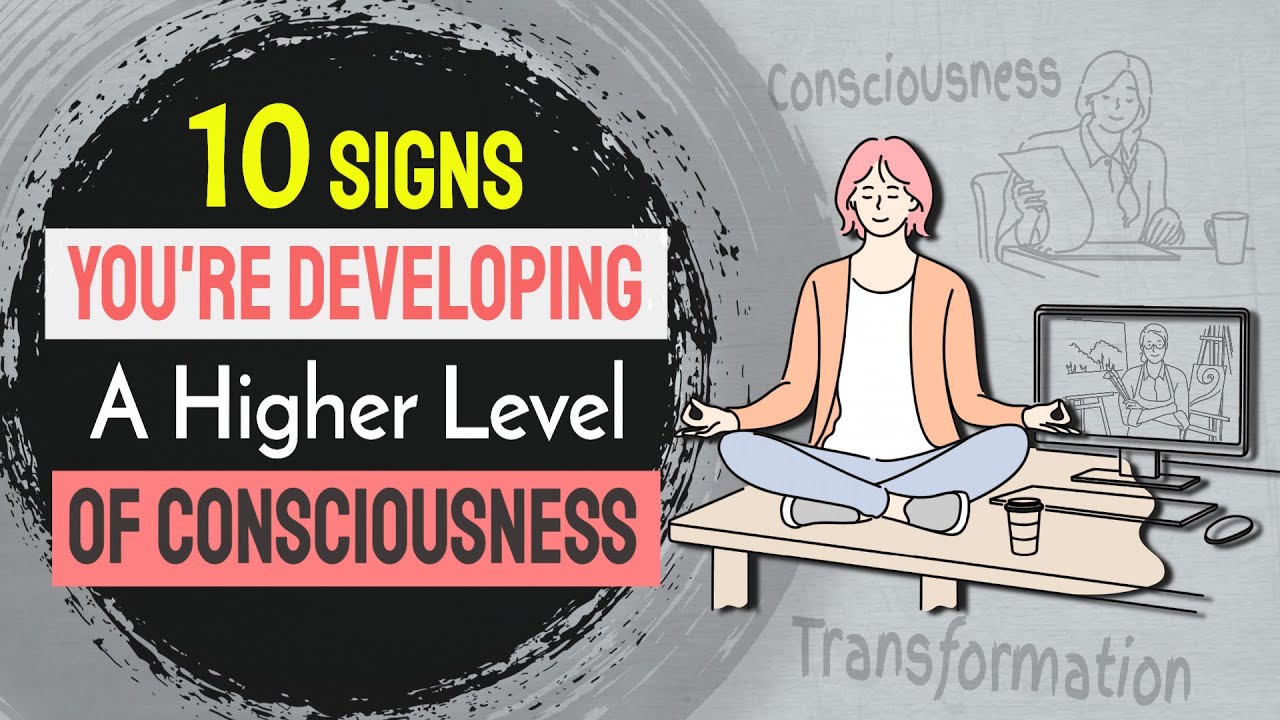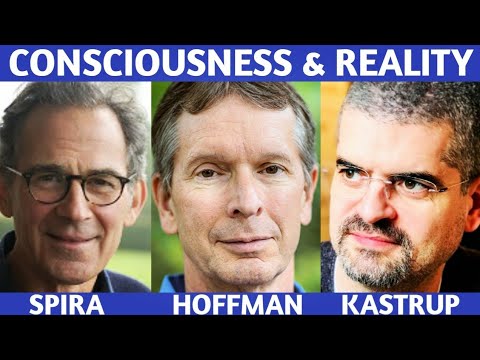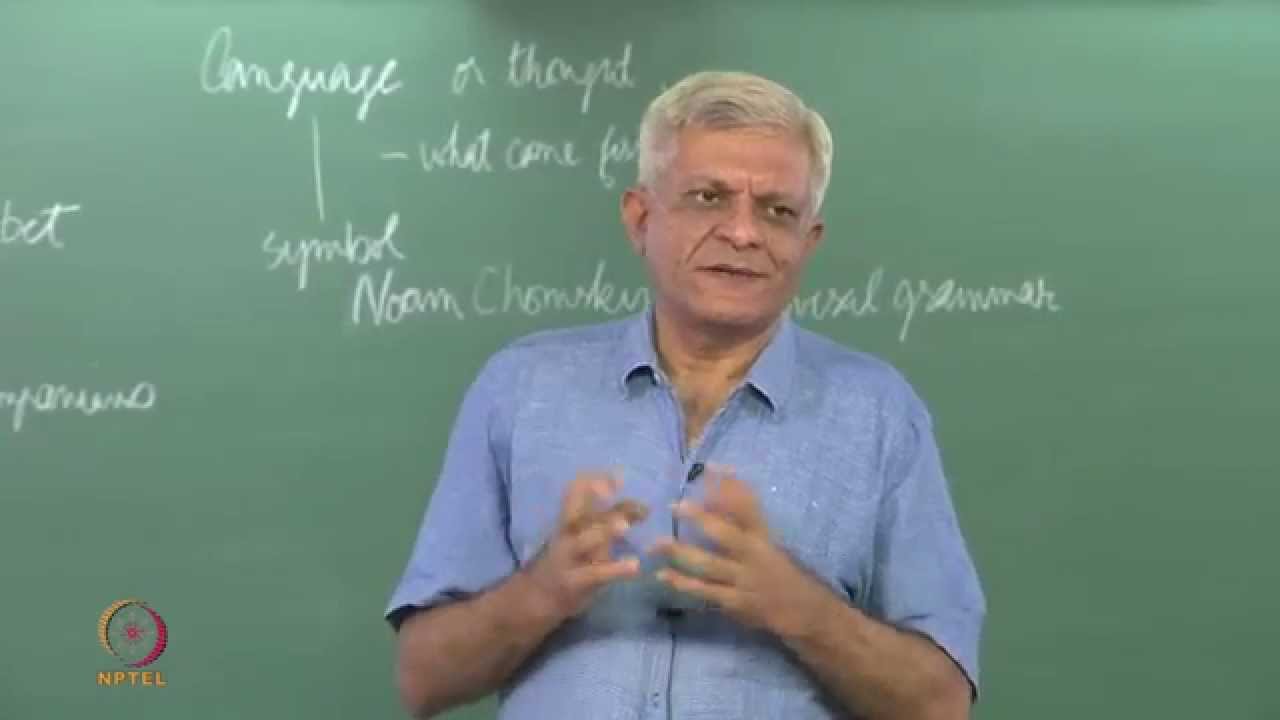SisyphusRedeemed
Alvin Plantinga (Notre Dame) delivers a paper at the 2009 Central Division of the American Philosophical Association in Chicago, entitled “Religion and Science: Where the Real Conflict Lies.” Daniel Dennett (Tufts) comments.
No, this is not my recording, but yes, I was at this talk (I actually ask the very first question in the Q&A (I didn’t express myself well, but Plantinga seemed to get the jist). I tried to record it, but my camera wasn’t working. So I found this recording online, and thought the YouTube community might enjoy.
Source




Well, I've heard this guy (Plantinga) is a prominent theologian. This debate against Dennett is the only one I can find against anyone I know, and the sound quality is terrible! Come on, I wish he debated Dawkins or Singer :(…………..
He's actually retiring this year and there's going to be a big conference in his honor. Don't think Dawkins or Singer will be there, but there should be a lot of both criticism and praise.
i think keeping baby jesus out of the science classrooms is the best idea
@dooyeweerd Bullshit. Whether Plantiga finds it hard to understand how we could've ended up with reliable faculties given naturalism or not, the chances that we have are 100%. Even if the chances were low beforehand, so what? The chances that all my ancestors met each other and the one in a billion relevant sperm made it are incalculable, yet here I am… Besides which, Plantinga singularly fails to make the case that evolution cannot produce creatures capable of true beliefs.
@dooyeweerd I'm sorry chuckles, it's you who doesn't understand the argument. Have you actually listened to the whole thing? To save you the bother, simply look at the Wikipedia article Plantinga's evolutionary argument against naturalism, which handily contains numerous rebuttals as well. As to assumptions, there's a whole heap more involved in attempting to justify true beliefs through Christianity, and to even have this conversation, certain assumptions are unavoidable on either side.
@dooyeweerd Thank you for your contribution of amusing lack of self-knowledge regarding your expertise on probability to the discussion. My point was merely that the chance that something has actually happened after the event are 100%. Why aren't we surprised at every hand of poker dealt? They're all equally unlikely beforehand, but we still get a hand every time we deal one in spite of the staggering odds of that particular hand.
@dooyeweerd Are you incapable of understanding simple sentences, or do you just misconstrue meanings to suit your purposes habitually? I only offered the Wikipedia article because your comments appeared to show you either haven't listened to the whole debate or don't understand the argument, and you will find a cogent and easy to follow summary of it there. Are you trying for qualification to the Strawman Olympics or something?
@dooyeweerd Why don't you actually read what I've written and respond that instead of thinking up something ridiculous and then ridiculing that instead? If you can't tell the difference between the odds of something that has already happened being 100% and the odds of something happening before it happens, then I can't be arsed correcting you.
@dooyeweerd Plantinga merely asserts that "magic man done it" as if that is a satisfactory answer to the problems of proving our basic axioms of meaning and truth. He asserts that on a probabalistic basis, theism is more likely to have provided us with reliable means of forming true beliefs, but his arguments in favour of this are hopelessly partial and profoundly unconvincing. If you base your epistemology on God, you have a whole extra bunch of assumption you have to make about him.
@dooyeweerd "You're talking shit" Lovely! Your unwitting irony is making my day 🙂 Probability can refer to things that can happen or things that have happened I think you'll find with even the most cursory research. Plantinga is using the old creationist trick of attributing long odds to things that have already happened.
@dooyeweerd I'm merely responding to Plantinga says here and your comments, I never claimed to have read his entire output; and if you have, you still seem to have missed the central thrust of this particular argument. The traditional arguments for God could only be taken seriously by someone who already believes in God, I'd wager no-one has ever been converted by them. Rationality under theism is no more consistent than under naturalism because of the arbitrary nature of God.
@dooyeweerd "All you'd have to do right now is justify the existence of truth and rationality as a means to it on the basis of atheistic origin myths." So you agree that there are such things as truth and rationality then? The fact that we agree on this and are capable of communicating that fact is a demonstration that these things exist. I believe that we are here as a result of natural processes, therefore it must be an intrinsic property of nature that truth and rationality can exist.
@dooyeweerd I'd like to ask you why it is that rationality and truth are part of God's nature. Why not irrationality and a tendency to make things up? That would be more convincing to me if we're supposed to have been made in His image (I'll resist the temptation to say especially in your case…).
@dooyeweerd "Find me a peer reviewed, professional mathematician who thinks that accounting for an event AFTER it takes place makes the probability of that event to be 1." What's that got to do with anything I've said?
@dooyeweerd I note you didn't explain why rationality and truth are part of God's nature…
@dooyeweerd I have answered that. Reason and truth are abstractions formed by consciousness, referring to the apparent regularity and reliability of reality as we observe it. It appears that the universe is such that reason and truth are concepts that can coherently exist within it. As to why this is, I have no reason to think that it could be any other way: it is the way it is for certain, and any assessment of other ways the universe could have is pure imagination based on total ignorance.
@dooyeweerd Now I know you're full of it – in a 1984 interview, published in Philosophia Christi, Flew made very clear his distain for traditional arguments for God:
HABERMAS: So of the major theistic arguments, such as the cosmological, teleological,
moral, and ontological, the only really impressive ones that you take to be decisive are the
scientific forms of teleology?
FLEW: Absolutely.
Flew's alleged conversion, at 81, was to deism and his position seems to have been a little confused..
@dooyeweerd Where are you glomming this stuff from? How is this supposed to impress a materialist? This is yet another apologetic argument that only makes sense if you already believe in God. For the rest of us, it is nonsense. You can imagine whatever you like if you feel it makes your life more meaningful, but to me it is an entirely superfluous hypothesis.
@dooyeweerd The objective existence of reason in the way this type of argument mean it is again a concept that is only coherent within a worldview in which an immaterial mind is not nonsense, and is again an entirely superfluous hypothesis.
@dooyeweerd Perhaps you could direct me to the sources for your claims about Flew's approbation of philosophical arguments for god other than the teleological, I'm always eager to learn…
@dooyeweerd I'm supposed to be working, and it's getting late so please excuse me but I'll have to leave off pointing out your unargued assertions, your blatant contradictions of fact, and your misappropriation of Nietzsche and restart my attempts to get you to answer some of my questions tomorrow evening.
@dooyeweerd Even if I accepted this argument, it applies equally well to the theist because they have no good and sufficient reason for believing that God's nature is such that it provides a firm basis for reliable cognitive facilities. The fact is that anyone must simply operate on the basis that our cognitive facilities are reliable until proved otherwise. Besides which, 2) is bollocks: you only have a defeater if you can prove cognitive facilities to be wholly unreliable – but how could you?
@dooyeweerd I don't need to read anything beyond his own words in the interview I mentioned before to know that he disparaged the ontological and cosmological arguments for God in 1984, If he subsequently changed his mind, well into his 80s, it wouldn't particularly surprise me as he also later said he had lowered his opinion of the teleological argument given new developments in biology he'd learnt about. So what? Your claim about his conversion is still wrong.
@dooyeweerd Ah, now I see what you're getting at, you have a theists attachment to redefining concepts to include God in them. Truth is an abstraction, a concept created by consciousness. Without minds to recognize it, it wouldn't exist. The products of those minds are no less valuable or remarkable because of we ended up with them through evolution – that would be the genetic fallacy. You seem to want "Truth" though, something independent of minds. Unless you believe in God, that's absurd.
@dooyeweerd Your glaringly unsubstantiated claim that there is "NO good reason" to suppose our faculties can track what is true is predicated on this weird definition of truth you seem to be using. This definition, as with Plantinga, implicitly relies on an immaterial, eternal mind, so obviously I think your account of truth is question-begging nonsense. Trying to sell me your "solution" – to imagine God has sorted it all out – is like me trying to buy your house with a million invisible pounds.
@dooyeweerd Flew is a deist at most, and from everything I have been able to find, in admittedly brief research, he arrived at this by teleological arguments and found other traditional arguments for God unconvincing. Give me some evidence if you disagree. I mentioned his age because of the controversy regarding his later work, and the fact that he seems to have been persuaded by intelligent design. It's only an ad hominem if you think his advanced age had no effect at all on his thought.
@dooyeweerd I have answered all your questions and you have ignored all mine. I'll try again: on what basis do you know that God guarantees that our faculties can track truth accurately?
@dooyeweerd The concept of truth refers to real things and real relationships between them: those things and relationships need not be abstractions, but the concept itself is. Thus there is no difficulty in different minds sharing the same truth.
@dooyeweerd 1) I've already stated that I regard Plantinga's argument as irrelevant because we must assume our faculties are reliable to even begin thinking about whether they are or not. Regardless of whether we might think it unlikely that we should've ended up with reliable faculties, clearly we have them. We have no good reason to think they are so unreliable as to be wholly useless and have ways of discovering our mistakes; thus the argument is irrelevant.
@dooyeweerd 2) I never suggested it was an argument for the existence of God, I was pointing out that the supposed solution to potentially unreliable faculties was no solution at all because we have no reliable way of knowing if God actually does guarantee our faculties. The alleged solution merely adds extra, and colossal, assumptions to the alleged problem.
@dooyeweerd Well I'm not too impressed by the interview I read with him where he praised the teleological argument for God on the apparent basis of a lack of up to date scientific knowledge; as I believe he later acknowledged. It wouldn't matter if next week, Richard Dawkins and Daniel Dennett renounced atheism and new papers by Einstein and Russell were discovered backing them up: that wouldn't make the traditional philosophical arguments even an iota more convincing. Appeal to authority…
@NinjaMatie
Plantinga is a well respected philosopher, not a theologian. Also I think a Plantigna/Dennett debate is way more interesting then a Dawkins or Singer discussion. Don't get me wrong Singer is a great Philosopher, and Dawkins a great scientist. But Plantinga and Dennett are two of the biggest heavyweights in their field, making for great dialogue. Can't wait to read the book they just coauthored together :p
@dinkipooxa First off, it's Plantinga that's speaking in this clip, not Dennett. Second, I assure you that both Plantinga and Dennett are well aware of the ambiguities of the term 'belief' and the difficulties of a clear definition of the term–they've both published on the topic in peer reviewed journals. But when giving a public lecture you cannot digress into conceptual analysis of every term, even the central ones, since doing so would take up all your time. Some terms need to be granted.
Did Plantinga retire? He's still on the Notre Dame website. I would have loved to take one of his classes; he sounds like he is a really entertaining professor.
Dennett, on the other hand, would probably bore me to tears.
@NinjaMatie
I responded to Plantinga's argument here:
watch?v=eU-wpNOyuas
I got better sound quality on another presentation of basically the same argument.
@TheFlamingPromethean
I suspect they would say because God helps those who help themselves.
@dooyeweerd, well, well, well. I'm getting messages from good Christians on the inside saying that CT supporters are planning a flagging campaign, and that they're contacting people they know who work for youtube to try to get me shut down. To protect troll accounts?! Not likely. I can see that this is going to get really, really ugly. And to think, it could've all been over, but NOOOOOOOOO. You couldn't have that. You never learn, do you?
@DarkMatter2525 CT? CartesianTheist? I noticed he recently closed his account. Is there a story behind this?
@CrateofStolenDirt, yes. The CT story is extensive. I'm currently working on a video about it that will explain.
@DarkMatter2525 I remember I once saw someone in claim in a comment thread that he was using sock accounts to "thumbs up" his own comments, which, given what I considered an implausibly inordinate number thumbs in a rather short time for rather underwhelming arguments on an apparently neutral board, struck me as a very plausible accusation.
He also struck me as highly pompous and disingenuous every time I ran across him.
I never said it was in the Bible. Rather, it's something that (some) people have surmised as being an accurate observation of God's behavior (so to speak).
A ford galaxy rusts and breaks down after 9 years and came about on an assembly line in a shed in Flat Rock, Michigan… does that mean Henry Ford didn't exist?
[Google "Why Plantinga’s Reformed Epistemology Fails"]
Do you really need Google to understand why Plantinga's incapacity to understand Evolution and Probability Theory can lead to bullshit only?
Plantinga is utterly unimpressive. It comes down to bias and dishonesty. No reasonable honest intelligent person can possibly argue that something must be true because it cannot be proved otherwise. Surely, in every aspect of life, and in trying to answer questions honestly, we do NOT use this approach. There are myriad things that can not be proved to be untrue. Any honest person tentatively assigns belief in a proposition based on the evidence provided for said proposition.
This is the corrosive nature of faith, and faith based beliefs. Even someone as obviously intelligent as Plantinga has to stoop to disingenuous sophist argumentation to bolster a faith based belief. It appears there is no other way, other than to admit, it is a purely faith based position, in other words "I'll believe what I like, and no amount of evidence or argument will change my mind".
Inherently a dishonest position.